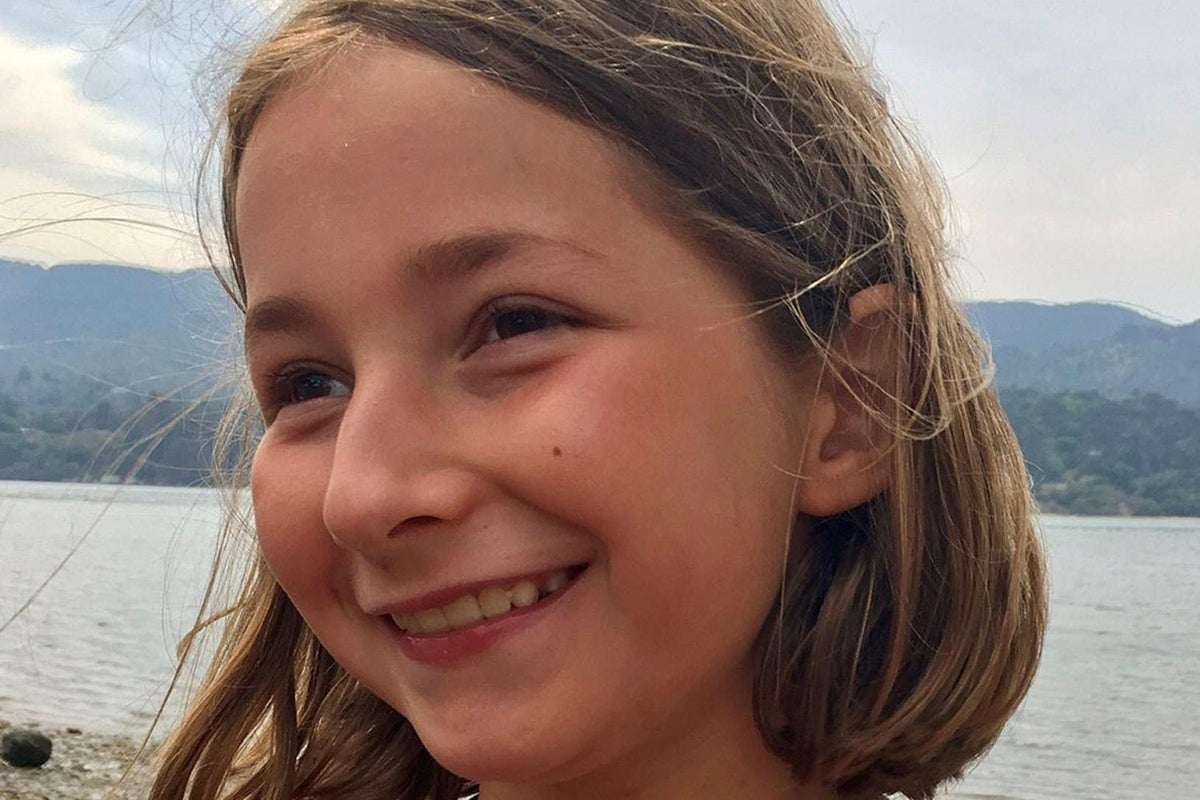Your support helps us to tell the story
From reproductive rights to climate change to Big Tech, The Independent is on the ground when the story is developing. Whether it’s investigating the financials of Elon Musk’s pro-Trump PAC or producing our latest documentary, ‘The A Word’, which shines a light on the American women fighting for reproductive rights, we know how important it is to parse out the facts from the messaging.
At such a critical moment in US history, we need reporters on the ground. Your donation allows us to keep sending journalists to speak to both sides of the story.
The Independent is trusted by Americans across the entire political spectrum. And unlike many other quality news outlets, we choose not to lock Americans out of our reporting and analysis with paywalls. We believe quality journalism should be available to everyone, paid for by those who can afford it.
Your support makes all the difference.Read more
Martha’s rule, an NHS safety initiative which allows families and patients to seek a rapid second opinion on their hospital care, should also be rolled out across maternity care in the UK, the founder of the scheme has said.
Merope Mills said the availability of Martha’s rule in maternity care would give women and their partners concerned about the care they were receiving a “greater voice”.
Ms Mills and her husband launched the campaign for the initiative after their daughter Martha died at King’s College Hospital in Camberwell aged 13 in 2021 after developing sepsis. Their concerns about Martha’s deteriorating condition were brushed aside.
A coroner later concluded that Martha would most likely have survived had doctors identified the warning signs of septic shock and transferred her to intensive care sooner.
Martha’s rule is now operational in all English hospitals delivering acute or short-term treatment and has already seen hundreds of patients benefit from potentially life-saving changes to their treatment.
Speaking on BBC Radio 4’s Today programme, Ms Mills said she was calling for the extension of the initiative into the rest of the UK, and also into maternal care.
She said: “We spend more on settling medical negligence maternity cases – maternity lawsuits – than on maternity care in this country and there’s something very, very wrong with that.
“I believe it’s because there are a number of cases where women’s voices aren’t listened to.”
She added: “I would love to see Martha’s rule extended to give women or their families or partners a greater voice.”
Dr Aidan Fowler, national director of patient safety in England, deputy chief medical officer at the Department of Health and Social Care, said the government was already exploring options for making Martha’s rule available in maternal care settings.
“We do back that and we’re already looking at that,” he told the BBC. “We will be piloting it in maternity. It’s a more complex area – not only can people giving birth deteriorate physically, but we have their babies that might deteriorate – but also they may be concerned about the progress of their labour, and that’s a skill set which, for example ITU, may not be familiar with, so we’ve got to make sure the right people respond to three types of deterioration in that circumstance. But we’re already looking at that.”
The calls for Martha’s rule to be introduced to the UK’s maternity care system come weeks after a national investigation into “systemic” failures in NHS maternity care was launched by the government.
Families who lost babies were “gaslit” in their search for the truth, the health secretary Wes Streeting said in June, adding that “maternity units are failing, hospitals are failing, trusts are failing, regulators are failing” and there was “too much passing the buck”.
In 2020, an exposé by The Independent found evidence of repeated poor care, spanning a decade, at Nottingham University Hospital, with families accusing staff of a cover-up.
The investigation, conducted jointly with Channel 4, found 46 cases of babies who had been left with permanent brain damage, 19 stillbirths and 15 deaths. Several families and staff came forward to The Independent with stories of failings by the trust.
In June this year, detectives said a criminal investigation into Nottingham University Hospital was now focused on corporate manslaughter.
While Martha’s rule is already saving lives, Ms Mills said it “has also highlighted the need for a different, more equal kind of doctor-patient relationship in this country.
“What Martha’s rule does is acts as a safety net, a way to formally or legitimately challenge clinical decisions if you’re worried they’ve got it wrong.”
When doctors or other medical staff make mistakes, it could also mean less serious consequences for them too. “It’s a safety net for doctors and clinical staff as much as it is for a patient,” Ms Mills said.
The Independent has contacted the Department of Health and Social Care for comment.
